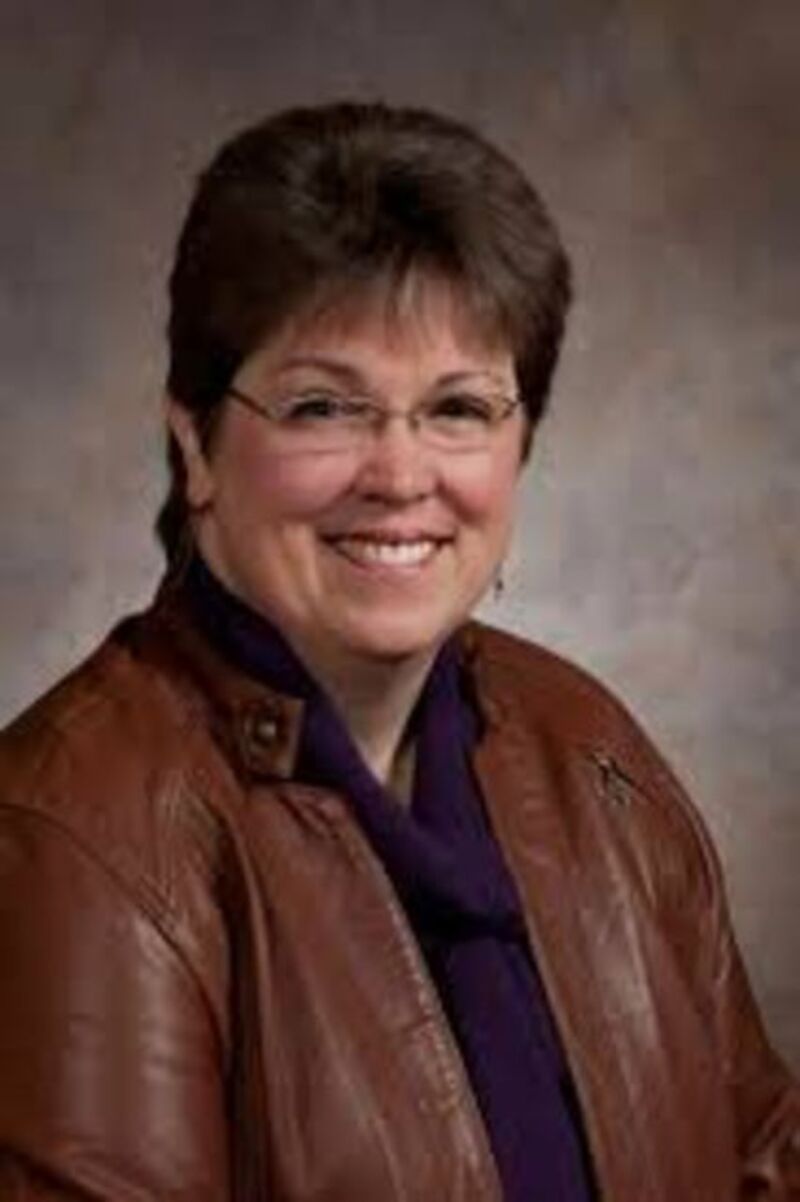Late blight is a devastating potato and tomato disease that spreads quickly in late summer. It can wipe out a crop in just a few days. This disease caused the Irish Potato Famine of the 1840s which led to the starvation or relocation of millions of Irish, including my ancestors.
Blight happens when it’s humid and muggy. The disease spreads very fast. Spores can move 40 miles a day. There are 30,000 spores in a patch the size of a dime. Because the devastating disease can “scale up quickly,” state laws exist for its control.
Wisconsin is home to 63,000 acres of potatoes. Our state is ranked third nationwide in potato production. For over one hundred years, the University of Wisconsin has helped potato farmers work with the weather, disease and new varieties of potatoes.
“The work of the University of Wisconsin is incredibly important,” an Antigo grower told the Senate Agriculture Committee last year. They have “the best potato research team in America.”
While explaining the relationship between the UW and the potato growers, one of the growers said, “the UW grows baby potatoes, they test chemicals, they give us advice on the mix we give the co-ops.” The UW potato research team is critical to the success of Wisconsin potato growers. “We pay the UW Inspection Crew to look at our fields.” The team created a “blight forecasting tool” that helps growers predict when plants are most at risk for blight.
Alex Crockford, a former Langlade County Ag Agent explained to the committee how roughly 9,000 acres of seed potatoes come from the Wisconsin seed potato certification program. “They go to the south, they go internationally. We [UW] are recognized as a national leader in quality and research.” The state farm in Rhinelander is the source of most of the seed potatoes in Wisconsin. “Here, we’ve been able to create very clean potatoes.”
Controlling disease begins with clean seed and a clean field. The UW is also one of the biggest seed potato growers in the United States. The program began in 1912.
This was the same year Charles McCarthy, the head of the Legislative Reference Library, wrote a book entitled, The Wisconsin Idea.
UW’s assistance to potato growers is a shining example of the Wisconsin Idea. The Idea’s guiding principle is for Wisconsin’s public universities and state government to serve the people using the best ideas of the entire nation. The knowledge and work of the university should be spread across the entire state for the benefit of its citizens.
The Antigo farmer explained to our committee that the Co-Director of the Seed Potato program recently left Wisconsin. The University of Idaho offered her a $50,000 raise to bring her knowledge and her research to the Potato State.
This loss had a devastating effect on potato growers and led some to worry about the state’s commitment to the critical programs.
Unfortunately, the loss of the Director of the Seed Potato Program is not the only loss to the UW.
“We lost some of our best people,” UW Madison Chancellor Rebecca Blank told Jon Marcus of The Atlantic last year. “It is our very best faculty that get outside offers. If you’re looking at research dollars, those are the people who are bringing in millions in research funding. And the people you replace them with bring in much less. So those retention issues have a real impact.”
According to Marcus, the UW calculated nearly $8 million in research dollars left the university in just one year, when faculty left and took their research projects with them to other universities.
The exodus of the potato researcher and other key faculty are related to the deep budget cuts, changes in tenure, shared governance and threats to undermine the mission of the UW system.
As soon as other universities got wind of troubles they looked up faculty rosters and started making calls. “We called UW faculty,” my son’s Department Chair told me at his recent department graduation gathering. “We knew they were some of the best.”
The potato growers would agree. Our UW faculty are well worth our collective efforts to keep them here in Wisconsin.


Add new comment